One of the immediate concerns after an accident is determining who will cover the deductible—the initial out-of-pocket cost before insurance kicks in.
Understanding the factors that influence who pays the deductible in a car accident is crucial, especially when recovering from injuries or managing repairs.
Different situations, such as being at fault or hit by an uninsured driver, can drastically impact your financial obligations.
In this blog post, our experienced California car accident lawyers will explain how deductibles work, who pays them, and your options based on different circumstances.
To learn how we can assist you, please schedule your free consultation by contacting our office online or calling (209) 600-4389 today.
What Is Car Insurance Deductible?
A car insurance deductible is the amount a policyholder agrees to pay out-of-pocket before their insurance provider covers the remaining repairs or medical expenses. Deductibles apply to various types of insurance, including collision, comprehensive, and uninsured motorist coverage.
The purpose of the deductible is to share financial responsibility between the insured and the insurance company. It also discourages filing small or frivolous claims. You may have to pay your deductible if someone hits you—even if you’re not at fault.
Factors Affecting Deductible Responsibility
Several factors can influence who pays the deductible after a car accident in California. Understanding these elements helps clarify your financial obligations and what steps to take after a crash.
Fault in the Accident
In California, determining fault is crucial in deciding who ultimately pays the deductible. California follows a “fault” insurance system, meaning the driver responsible for causing the accident pays for the damages through their insurance company. However, the process of determining fault may take time. That means you might have to pay your car deductible if you’re not at fault.
Understandably, many people want to know why you have to pay the deductible when not at fault. That’s because it’s sometimes quicker and easier to file a claim through your own insurance company so you get your car fixed rather than waiting on the at-fault driver’s insurance to accept liability.
Type of Insurance Coverage
Different types of insurance coverage have unique rules for deductibles, including the following insurance types:
- Collision insurance. This coverage typically requires the policyholder to pay the deductible if their vehicle needs repairs after an accident, regardless of fault. If the other driver is at fault, your insurance may seek reimbursement from their insurer.
- Comprehensive insurance. Comp coverage applies to non-collision incidents, like theft, vandalism, or natural disasters. Policyholders will generally pay the deductible before comprehensive coverage kicks in.
- Liability insurance. Liability coverage, which is required in California, doesn’t involve deductibles but covers damages the policyholder causes to other vehicles, drivers, or property.
- Uninsured motorist coverage. This coverage helps with repair costs in accidents involving uninsured drivers and may not involve a deductible.
Suppose you have collision coverage and are involved in an accident with an uninsured driver in California who is at fault. In that case, the collision damage waiver will likely apply and cover your deductible.
Insurance Policy Details
Each policy has specific terms regarding deductibles. It’s important to review your insurance documents and speak with your insurer to understand how much you’re responsible for and under what circumstances.
For example, rental car coverage may have separate deductible rules, while some insurers offer “disappearing deductibles” that reduce or waive the deductible amount after a certain number of claim-free periods.
Who Pays the Deductible?
Who pays the deductible in a car accident can depend on who is at fault. Here’s a more in-depth look at the differences depending on liability.
If You’re at Fault
If you’re at fault for the accident and have collision insurance, you will generally need to pay your deductible before your insurance provider covers the cost of repairs to your vehicle. This coverage helps pay for your car repairs minus the deductible amount. Your insurance will also cover damages to the other driver’s vehicle through your liability coverage, which doesn’t involve a deductible. Filing a collision claim will likely increase your insurance premiums when your policy renews.
If You’re Not at Fault
If another driver caused the accident, there are two primary ways you can handle paying your deductible. The first is to file a claim against the other driver’s insurance. You can wait for the at-fault driver’s insurance to pay directly for the damage to your vehicle. While this option means you won’t need to pay a deductible, it could take time for the other insurer to approve the claim, assess the damage, and arrange repairs.
If you have collision insurance, you can file a claim with your provider and pay your car insurance deductible when not at fault to expedite the repairs. Your insurance will then seek reimbursement from the at-fault driver’s insurer through a process known as subrogation. Once the claim is settled, your insurer should refund your deductible.
Options for Paying Your Deductible Based on Different Circumstances
To sum up, you have several options for how your deductible gets paid in an accident based on the circumstances of your accident.
Direct Payment
If your insurance provider requires immediate deductible payment to start the repair process, you may need to pay this upfront. This option ensures that your insurance covers the remaining costs quickly, allowing you to get back on the road sooner. It is helpful if you urgently need transportation and cannot afford to wait for the at-fault driver’s insurer to reimburse you.
Reimbursement via Subrogation
When you’re not at fault and choose to file a claim with your own insurer, you can still recover your deductible. Your insurer will initiate a subrogation claim against the at-fault driver’s insurance provider. This process may take time, but it allows your vehicle to be repaired while you wait for reimbursement. Once your insurer receives compensation from the at-fault party’s insurer, you will typically get your deductible refunded.
Legal Action
In cases where you lack collision coverage or the other driver disputes fault, you may need to sue them directly to recover damages, including your deductible. Hiring an experienced attorney can help you navigate this process effectively. They will seek to include the deductible amount as part of the settlement in the final compensation package.
Negotiation and Settlement
Some cases will work out by negotiating with the at-fault driver’s insurance provider to cover your deductible early on. This option may work best if both parties agree on fault and damages are relatively straightforward. An attorney can help ensure that negotiations are fair and that you receive the maximum compensation, including your deductible.
Contact a California Car Accident Lawyer
If you have questions on who pays a deductible in a car accident, contact Silva Injury Law. We have years of experience representing injured victims in California car accidents. We can answer all your questions regarding reimbursement for your injuries and other damages, including your deductible.
Please contact our office online or call (209) 600-4389 today to schedule a free consultation.
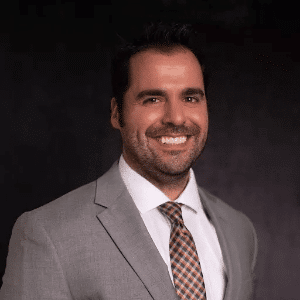
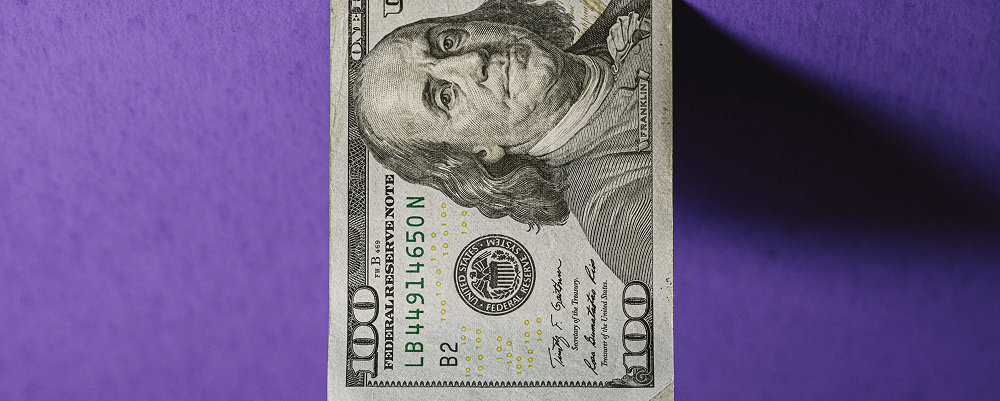
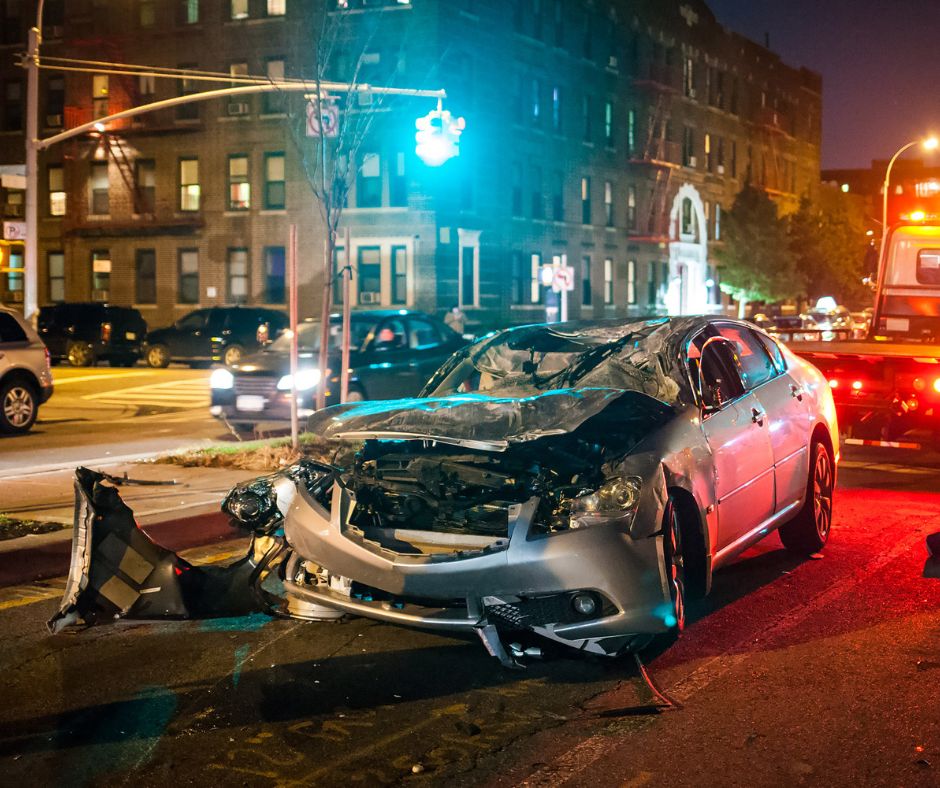
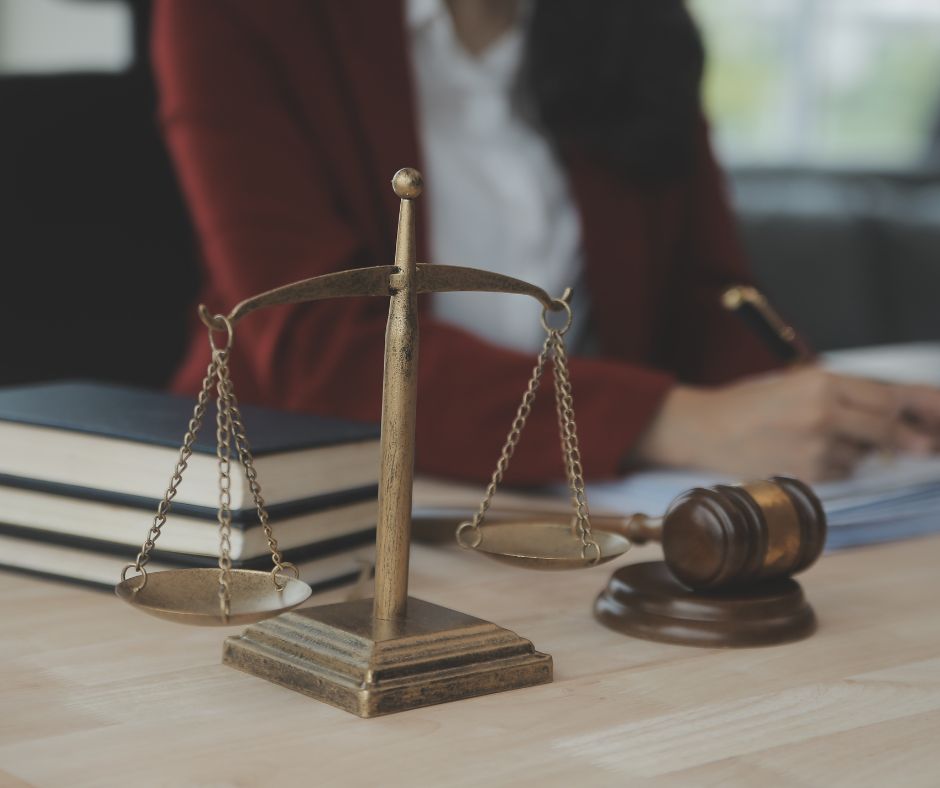

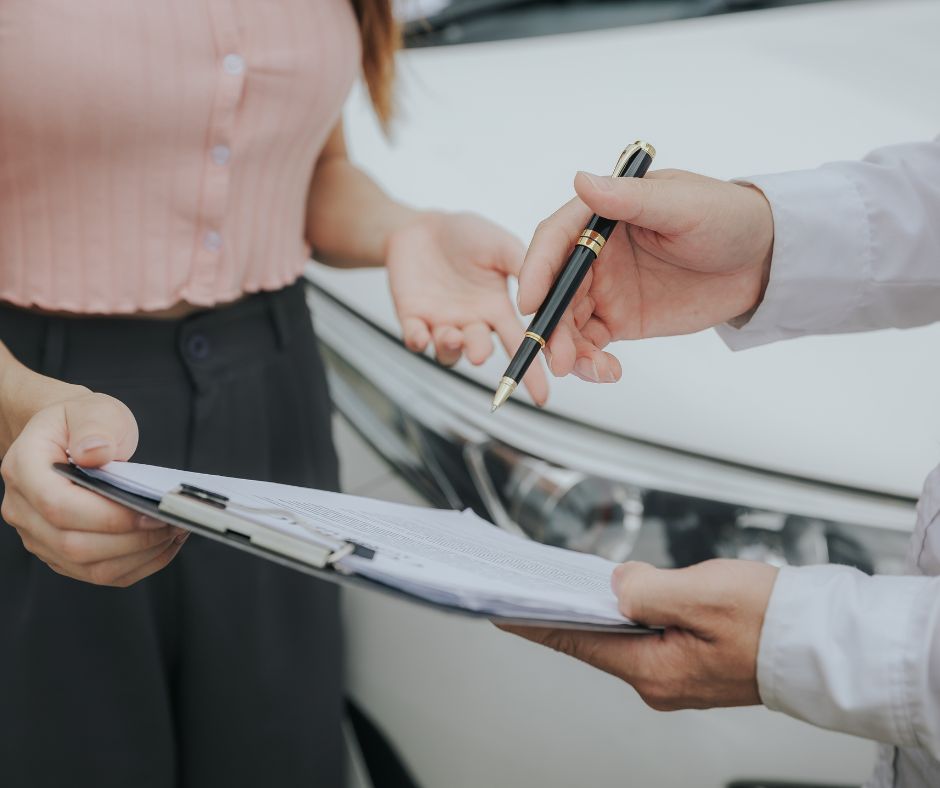
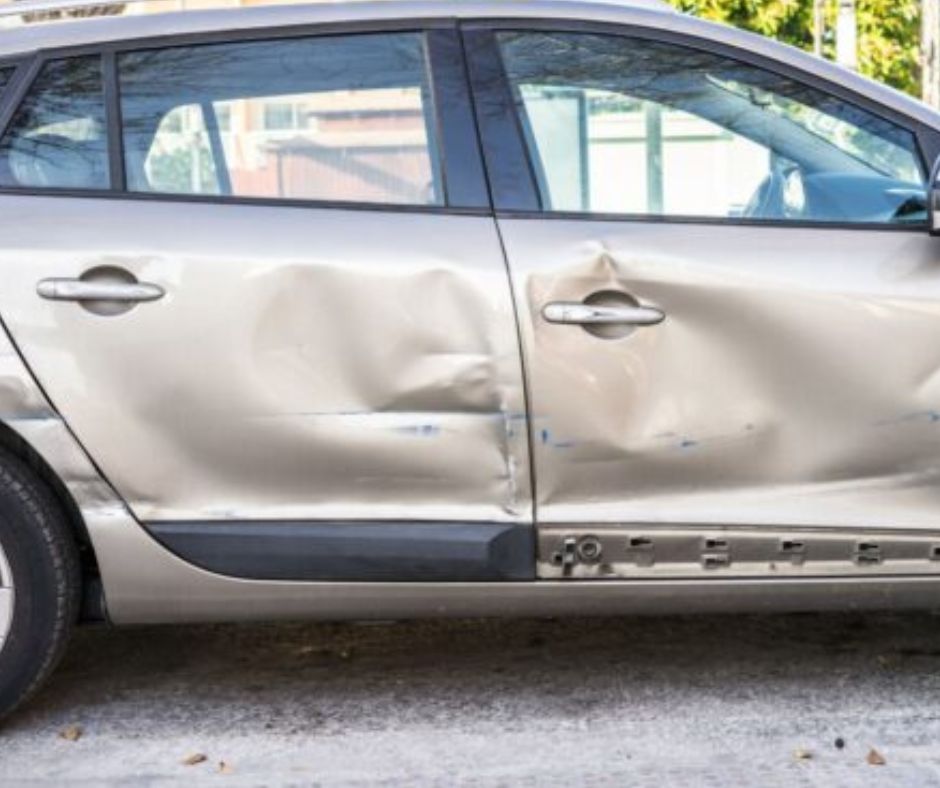
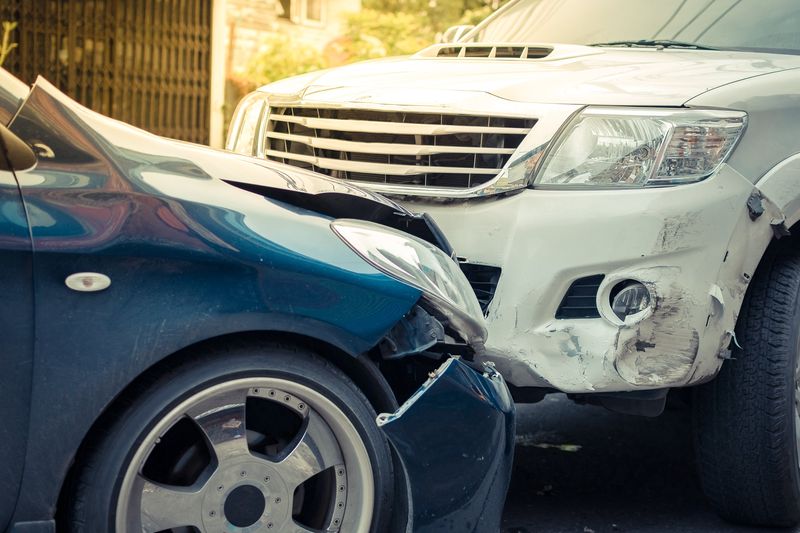
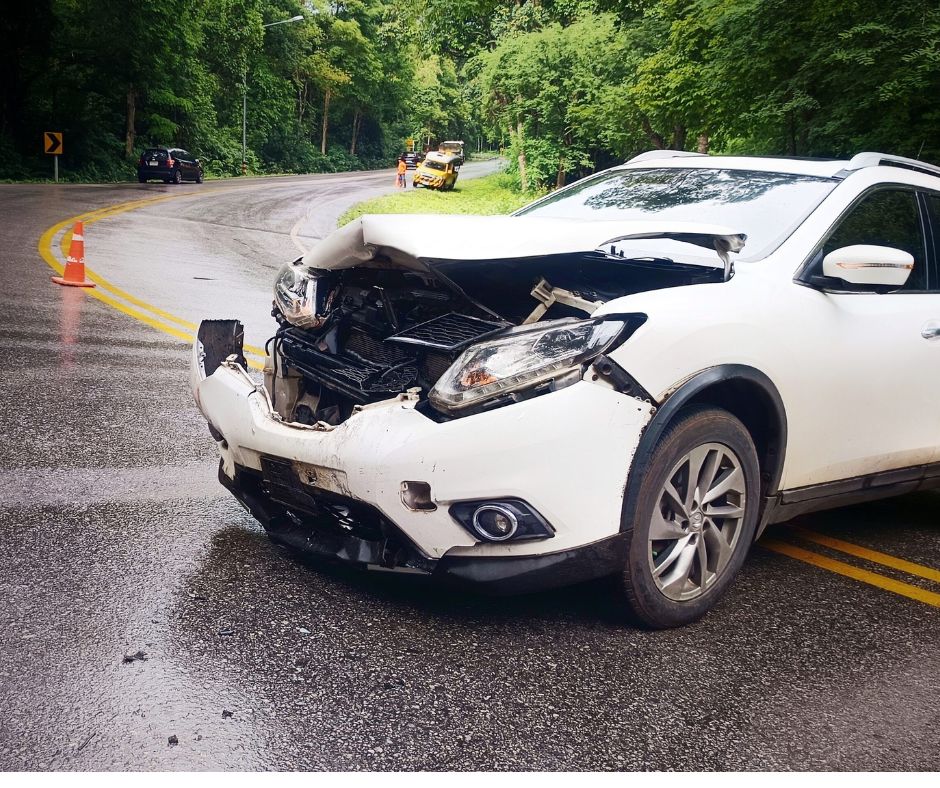
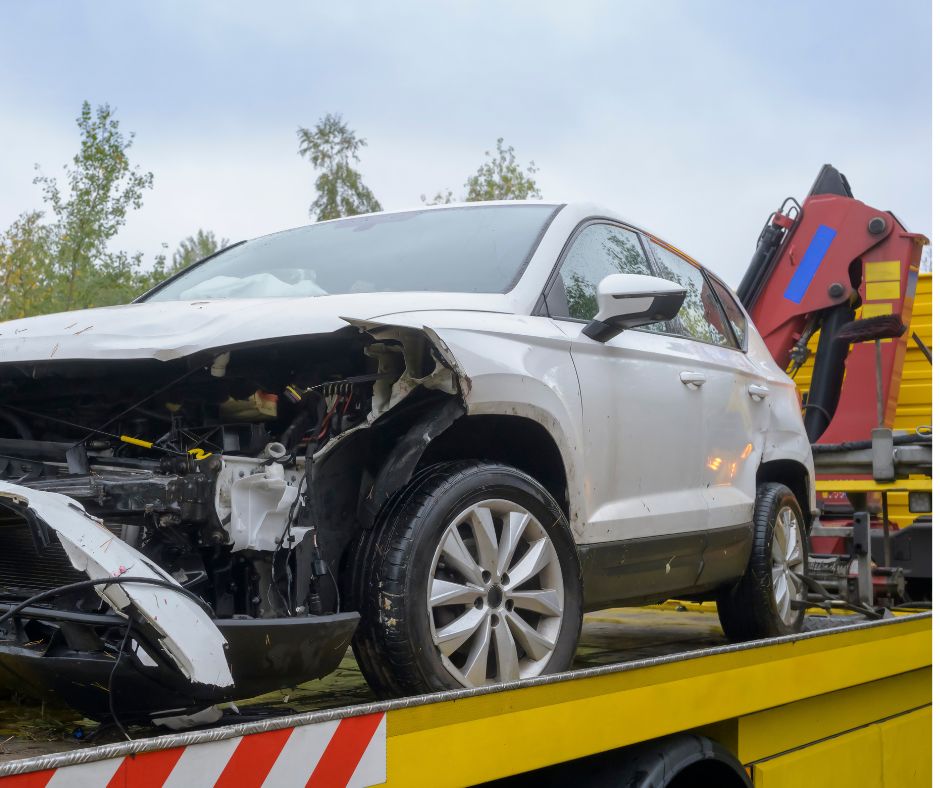
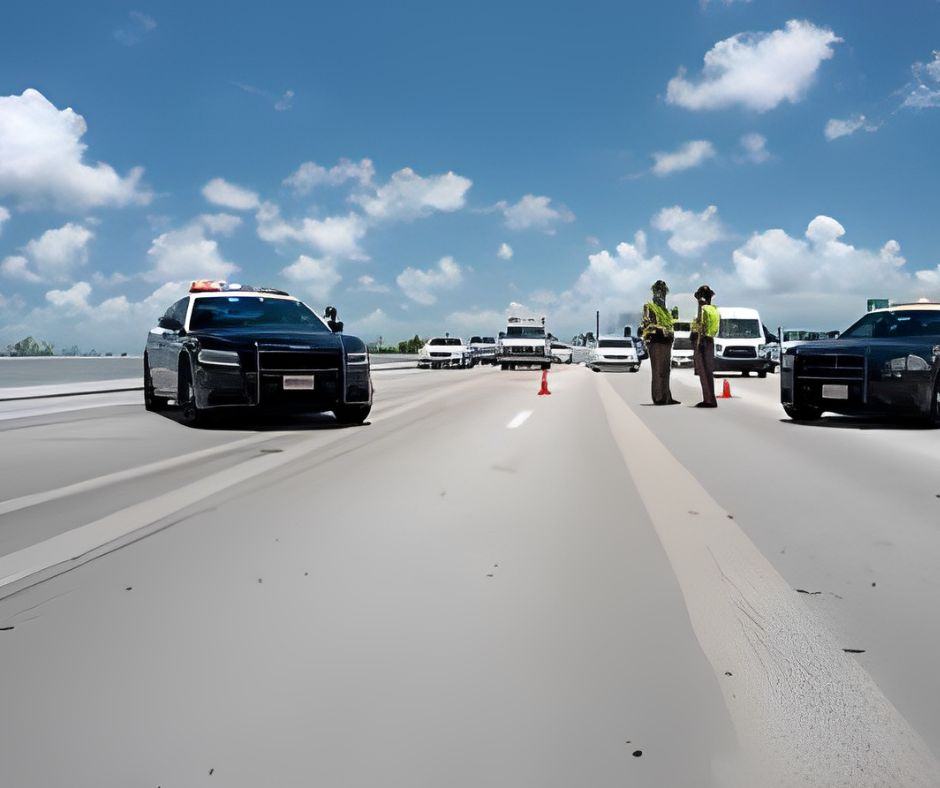
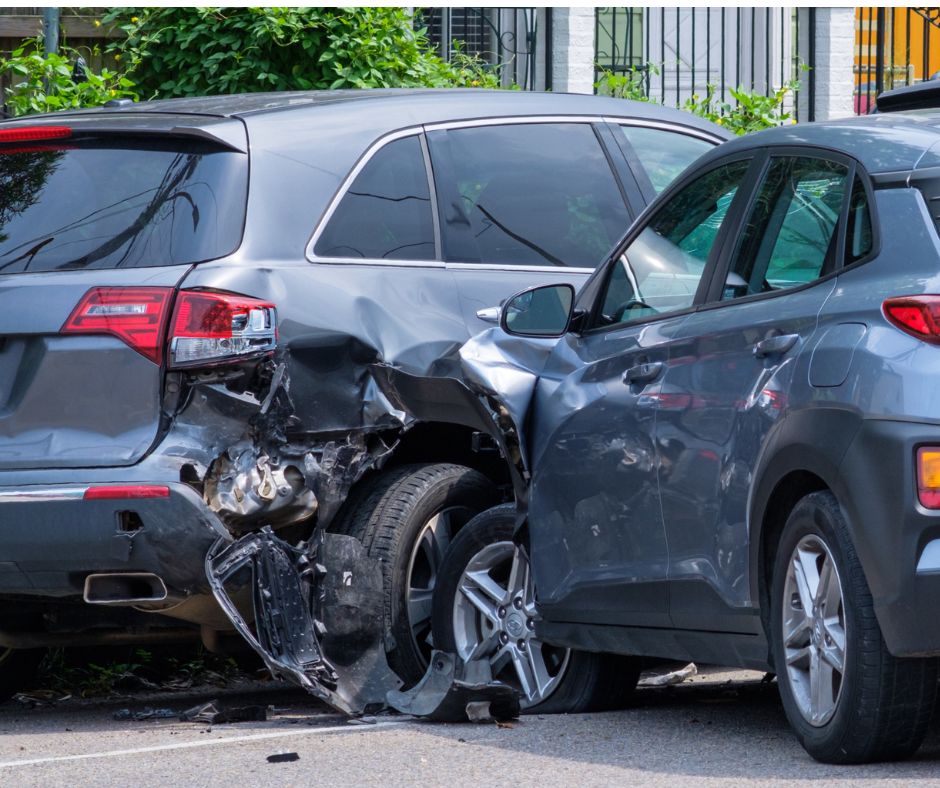
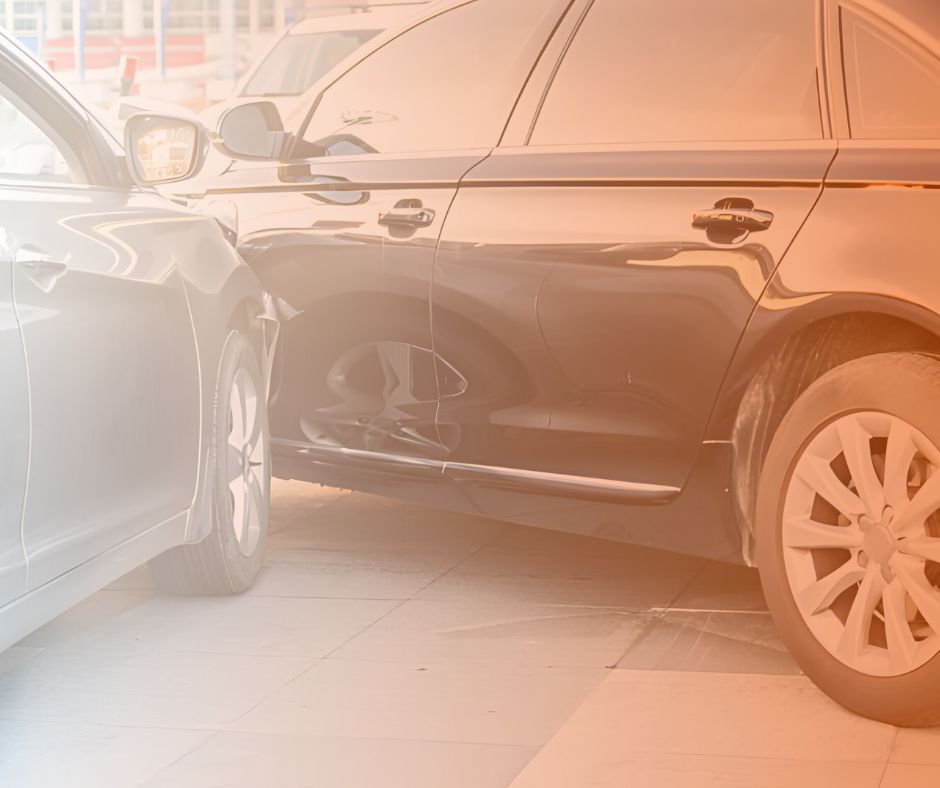

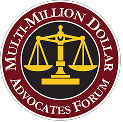


 EMAIL
EMAIL  AI-search
AI-search  Access
Access